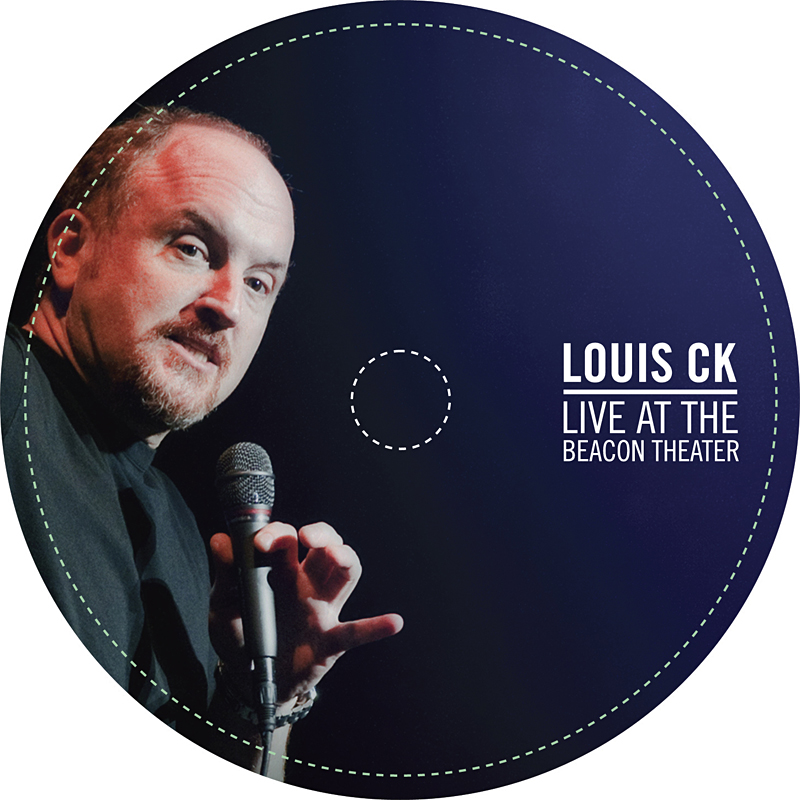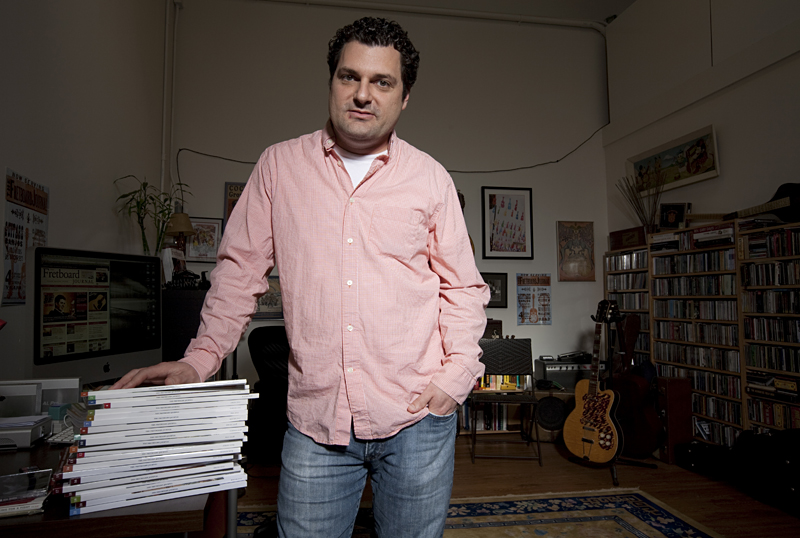Early this month, the absurdly talented comedian Louis C.K. leaped into DIY-land and made a healthy wad of cash. The much-publicized move consisted of C.K. self-producing his latest comedy special and selling it for $5 directly to fans through his website. Apparently, the whole effort set the comic back about $250,000 to produce, but the special has been downloaded more than 200,000 times and fetched C.K. more than a million bucks.
Many praised C.K.’s move as a middle finger to “The Man” for its sidestep of corporate entities like HBO, Comedy Central, and network television. In many ways, it was the comedy equivalent of Radiohead’s “pay what you want” stunt for In Rainbows back in 2007, and Nine Inch Nails, who not only offered The Slip for free, but encouraged fans to “remix it, share it with your friends, post it to your blog, give it to strangers, etc.”
But the above acts have one big thing in common—they are already famous and wealthy and didn’t need anyone’s help, having already had years of assistance from corporate interests, from EMI Records to the FX cable channel. And that, strangely enough, is what has given them the luxury of going DIY.
In speaking with a couple of local musicians, it’s become quite clear that unknown or lesser-known bands are more reliant on corporate interests than ever before, whether having a Facebook page, selling music through Google Music and iTunes, or promoting themselves via MySpace or YouTube. They rely on corporate interests because corporate interests create the tools that are the best way to make yourself known on the Internet, which is where most music listeners waste most of their time.
But what’s also interesting is that while the Internet was supposed to destroy the old-school record-label model, it hasn’t made many bands any less eager to join a label’s roster, no matter how big or small. The great musical cloud in the sky has turned music listeners into ADD-addled freaks without meds, and because the Internet is so slippery, it’s easy to fall between the cracks without the aid of professionals with industry know-how, who are known for their taste. (Even Justin Bieber—who got famous via YouTube—could have easily faded into overnight obscurity had he not signed on with Island Records.)
Take local band Seapony, for example. As guitarist Danny Rowland explained to me, his band wound up on Pitchfork simply because he emailed Seapony’s Bandcamp link to as many people as he could think of. One of those people happened to forward it to someone connected with a writer for Pitchfork, who went on to write about one of their songs as a “Track Review”. Even then, Seapony still signed on with local label Hardly Art, which lends the band a credibility they wouldn’t have had they simply been another “internet success story”. Even Fleet Foxes, who attracted over a quarter of a million song plays over two months on their Myspace page, still aligned themselves with Sub Pop. And without Sub Pop’s heft behind them, it could be argued they never would have sold the hundreds of thousands of records they did. Moving units isn’t a bad thing—it’s necessary if you want to do this for a living.
It’s not unreasonable to think that bands like Death Cab for Cutie or Modest Mouse may return to the DIY worlds they were born out of and sell an album directly to fans for $5 like Louis C.K. After all, DCFC and Modest Mouse have very loyal fan bases with a few extra bucks to spare. But Isaac Brock and Gibbard & Co., respectively, could only pull this off after Epic and Atlantic Records helped boost the bands up out of the indie-rock slums and into the world of real stardom.
Once the label has done what the band wanted it to do, why bother giving money to people if you don’t have to? We’ll see what happens once the contracts expire.








